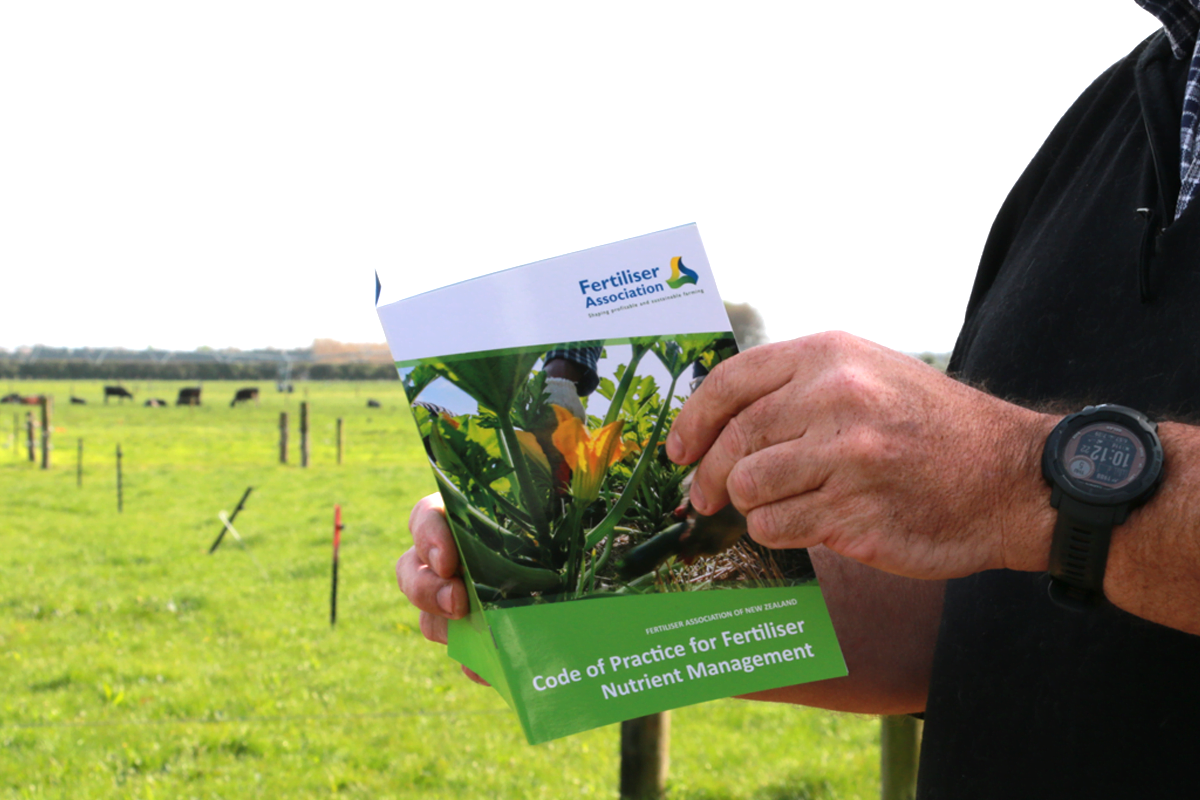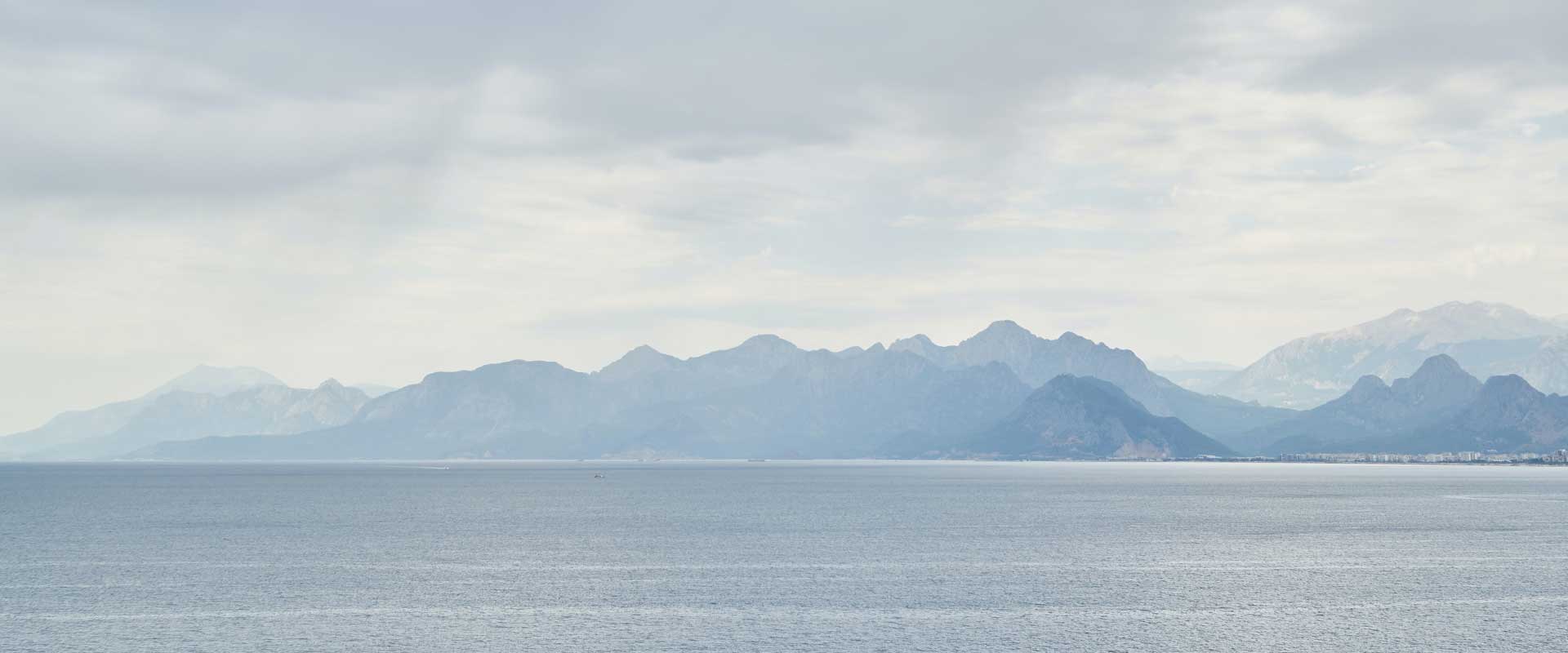The potential for phosphorus loss to groundwater from soils irrigated with dairy factory wastewater
February 2022
Publication: New Zealand Journal of Agricultural Research
Author(s): CA. Lizarralde, RW. McDowell, LM. Condron, J. Brown
Soils irrigated with phosphorus (P)-rich wastewater can increase the risk of P losses from land to water. We investigated if wastewater-irrigated soils can leach P through the soil profile and enrich groundwater. Soils were sampled annually for 20 years to 7.5 cm depth and for one year to 2.2 and 15 m. A mass balance showed that topsoils >200 mg L‚àí1 Olsen P (and <50% anion storage capacity, ASC) were no longer accumulating P and had very high concentrations of water and CaCl2-extractable P (designed to indicate loss to runoff and leaching, respectively). Samples in five paddocks showed substantial P leaching to 2.2 m, while sampling to 15 m showed leaching to 4.5 m depth. Deeper layers, especially in the 15 m deep cores, had a coarse texture and low capacity to sorb P, which caused high P concentrations (1.9 mg L‚àí1) at one groundwater site. Based on these data preventing soils from reaching the thresholds of 200 mg L‚àí1 Olsen P and 50% ASC is necessary to prevent excessive P losses.
 View Our Strategy Document 2019 – 2024
View Our Strategy Document 2019 – 2024



